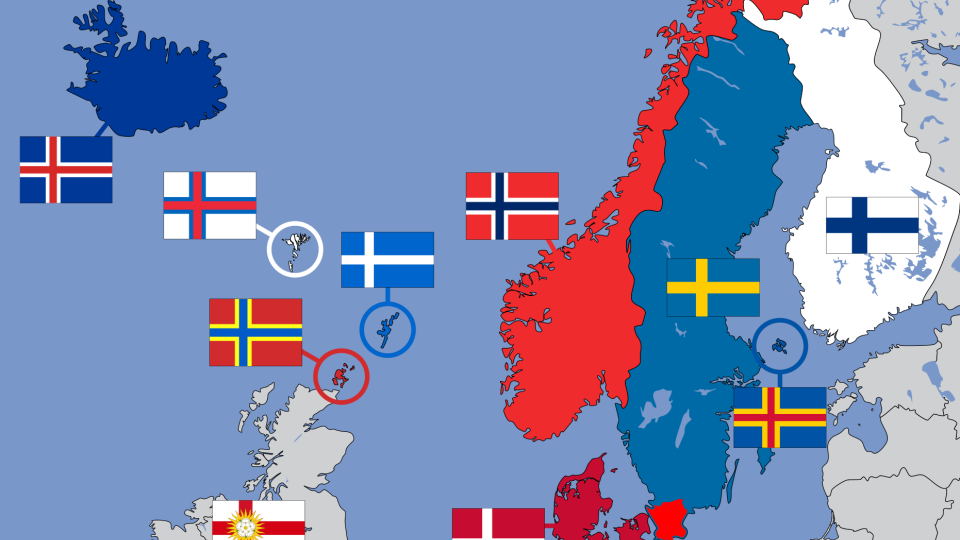
The COVID-19 pandemic brought far less change to work life in the Nordic region than in other parts of the world, thanks to a traditionally high number of employees already working remotely, according to a new report published today by Information Services Group (ISG), a global technology research and advisory firm. An increasingly important element of remote-work implementations is digital workplace consulting services, which focus on digital transformation and how an enterprise can best enable workers’ productivity, security and health at home, the report says. Providers that include this element of the transition are best equipped to build trust with their enterprise customers and best prepared to respond to a crisis.
The overall growth of remote work has shifted the focus of managed workplace services from office improvements to needs such as scaling up virtual collaboration capacity and supplying employees with devices and secure home connections, according to ISG. Help desk services also need to evolve to better serve workers at home, and analytics tools are coming into play for this purpose.
The 2020 ISG Provider Lens Digital Workplace of the Future – Services & Solutions report for the Nordics found that less extreme lockdown measures, as well as the fact that remote work is already commonplace in most sectors of the region’s economy, led to a slower increase in the number of employees working at home. Exceptions to this trend included the public sector and industries that require more workers on site. While companies in the Nordics did expand their at-home workforces, most in the region did not have to mount the kind of sudden, broad-based transition required in countries such as the US, UK or Germany.
“Digital workplace adoption was more advanced in the Nordics even before the pandemic, empowering a large remote workforce,” said Jan Erik Aase, director and global leader, ISG Provider Lens Research. “The same capabilities that providers have helped to build in Nordic enterprises are now facilitating effective responses in other regions.”
Managed mobility services are critical in regions with large remote workforces seeking smooth collaboration on both fixed and mobile devices. Increasingly, this means mobility platforms integrated with enterprise back-end systems such as CRM and ERP, generating strong enterprise demand for effective security solutions, the report says. Companies that manage many remote workers also look to unified endpoint solutions, mostly from specialist vendors, that span fixed and mobile platforms.
Unified collaboration and communication solutions make up another key part of the digital workplace toolkit. Aside from the scalability that was so urgently needed in regions outside the Nordics, security and the user experience are also major areas of focus for providers, according to ISG. Cloud-based platforms are gaining in importance in this sector.


